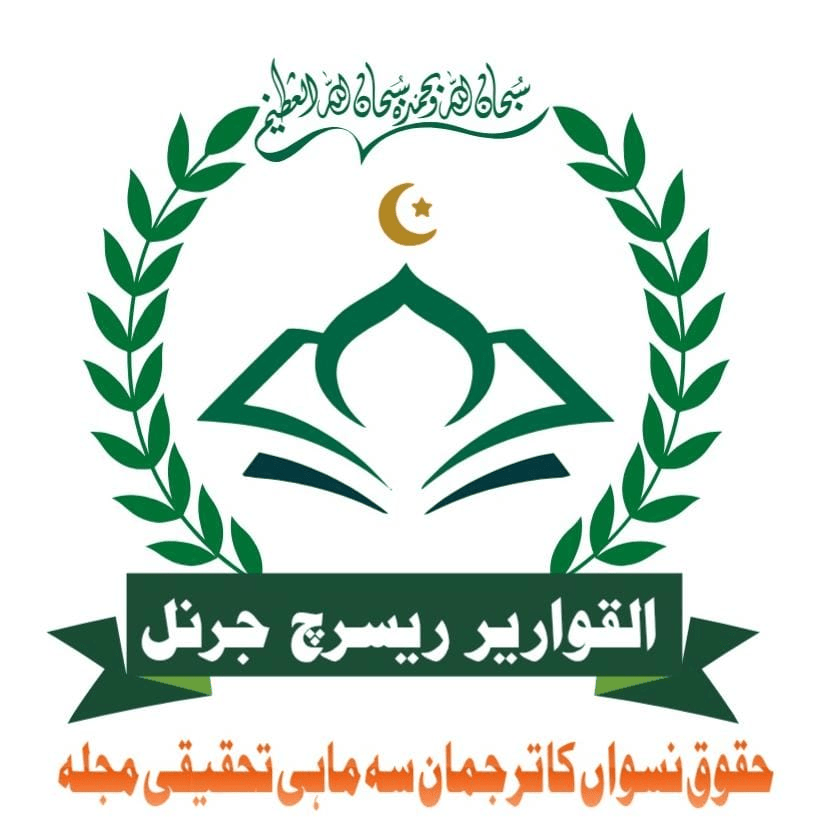Islamic Inheritance Rights: Addressing Gender Inequality in Pakistan
Abstract
Pakistan, an Islamic country, upholds Islam as a comprehensive system of life,
where the rights of all individuals are explicitly defined. Among these rights,
Islam grants women a rightful share in inheritance, aiming to ensure equitable
distribution of wealth and property. However, in Pakistan, the reality often
deviates from this ideal. Many daughters are denied their inheritance rights,
either through direct coercion or subtle threats of lifelong ostracism. This
pervasive attitude, ingrained from childhood, promotes the unjust expectation
that sisters should relinquish their inheritance in favor of their brothers. Such a
norm is rarely, if ever, imposed on brothers, who are not expected to forfeit their
share for their sisters. This disparity not only contravenes Islamic principles but
also perpetuates gender inequality and injustice. This article examines the sociocultural factors contributing to this issue, the legal frameworks in place, and the
need for societal reform to uphold the true spirit of Islamic inheritance laws. By
addressing these challenges, Pakistan can move towards a more just and
equitable society, ensuring that the rights of all individuals, particularly women,
are respected and protected in accordance with Islamic teachings
Downloads
Published
Issue
Section
License
Copyright (c) 2024 Dr. Abdul Waheed Tariq, Razia Sultana (Author)

This work is licensed under a Creative Commons Attribution-NonCommercial-NoDerivatives 4.0 International License.




